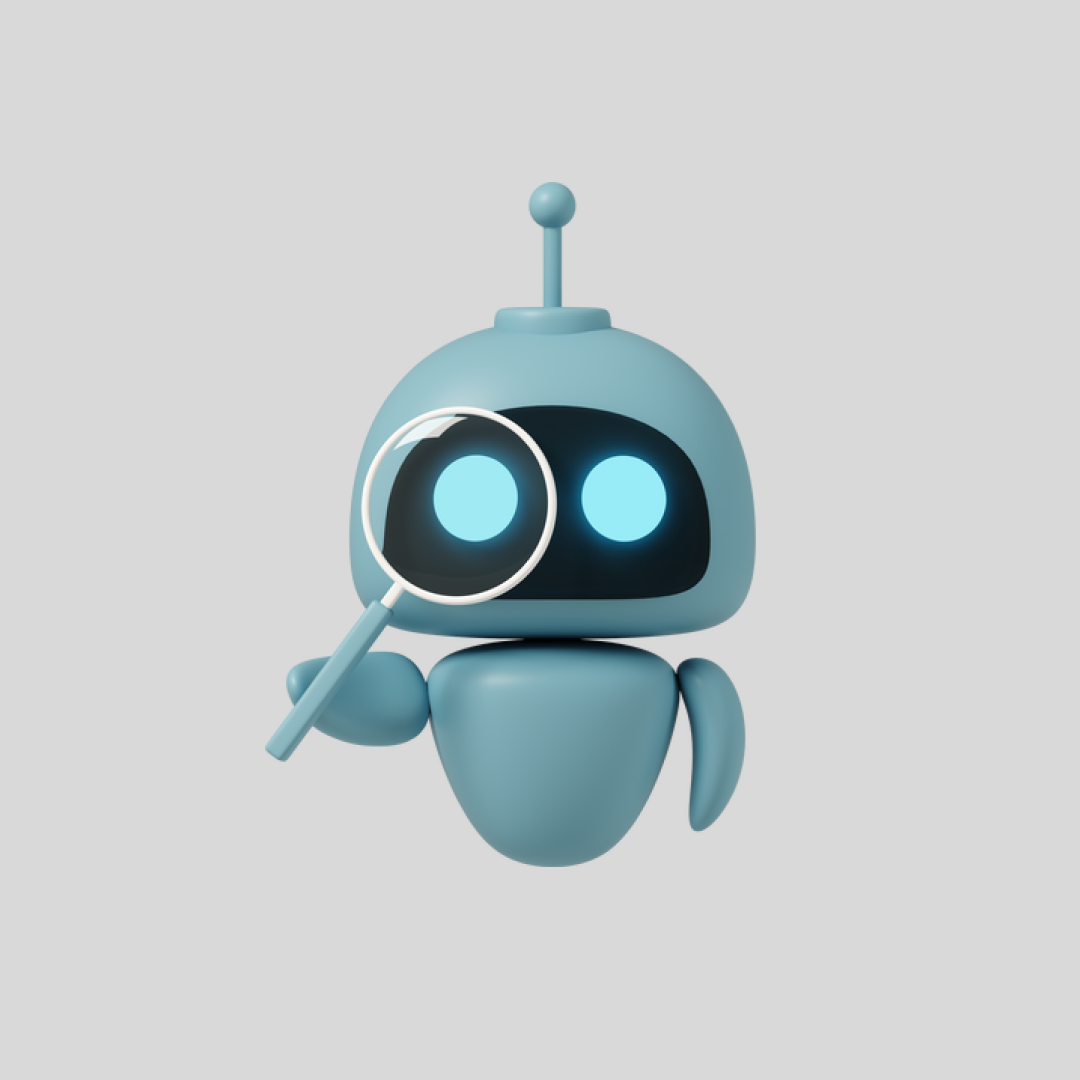✆ + 1-646-235-9076 ⏱ Mon - Fri: 24h/day
AI and IoT


Artificial intelligence (AI) and the Internet of Things (IoT) are two of the most transformative technologies of the 21st century. Both are rapidly evolving and disrupting a wide range of industries, from healthcare to manufacturing to transportation. However, it is their convergence that is truly driving digital transformation and opening up new possibilities for businesses and society.
IoT is all about connecting devices and collecting data. By integrating sensors and other devices into physical objects, we can collect and analyze data on everything from energy consumption to traffic patterns to individual behaviors. AI, on the other hand, is about using algorithms and machine learning to extract insights and make predictions from that data.
Together, AI and IoT are creating new opportunities for businesses to optimize their operations, improve customer experiences, and create new revenue streams. Here are some of the ways that AI and IoT are driving digital transformation:
- Predictive Maintenance: IoT sensors can be used to monitor equipment and machinery in real time, detecting anomalies and predicting when maintenance is needed. AI algorithms can then analyze that data to identify patterns and predict future failures, allowing businesses to take proactive steps to prevent downtime and reduce costs.
- Personalized Marketing: By collecting data on individual behaviors and preferences through IoT devices, businesses can use AI algorithms to analyze that data and create personalized marketing messages and offers. This can lead to higher engagement and conversion rates, as well as improved customer loyalty.
- Smart Cities: IoT sensors can be used to collect data on traffic patterns, air quality, energy consumption, and other factors in urban environments. AI algorithms can then analyze that data to optimize traffic flow, reduce energy consumption, and improve public safety.
- Smart Manufacturing: IoT sensors can be used to monitor equipment and processes in manufacturing facilities, while AI algorithms can analyze that data to optimize production processes, improve quality control, and reduce waste.
- Healthcare: IoT sensors can be used to collect data on patient health and behaviors, while AI algorithms can analyze that data to identify patterns and make predictions about future health outcomes. This can lead to earlier diagnosis and treatment of diseases, as well as more personalized and effective healthcare.
However, there are also challenges to the convergence of AI and IoT. One of the biggest challenges is data privacy and security. With so much data being collected and analyzed, there is a risk of data breaches and misuse of personal information. There are also ethical considerations around the use of AI and IoT, such as the potential for bias in algorithms and the impact on employment.
In conclusion, the convergence of AI and IoT is driving digital transformation and creating new opportunities for businesses and society. By collecting and analyzing data in new ways, businesses can optimize their operations, improve customer experiences, and create new value. However, it is important to address the challenges around privacy, security, and ethics to ensure that the benefits of AI and IoT are shared by all.
Fordewind.io is an IoT engineering and development company based in Kyiv, Ukraine. Our main areas of interest and expertise are the automotive industry and Smart Home/City projects. Contact us right now without a doubt and learn more about how we can help you build the future.